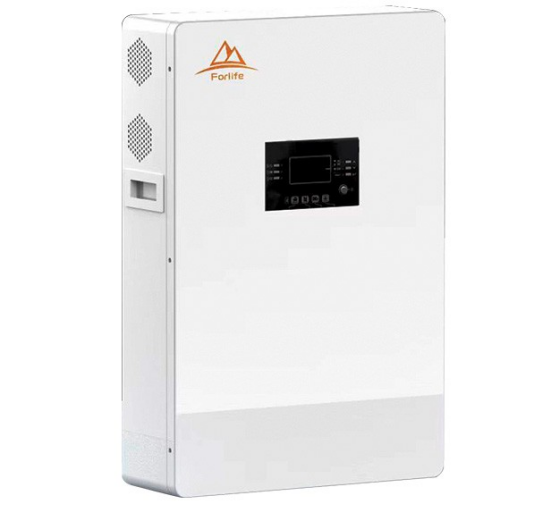In recent years, the concept of residential energy storage systems has gained significant attention as homeowners seek to harness the benefits of renewable energy sources, reduce utility bills, and increase energy independence. These systems, often integrated with solar panels, play a pivotal role in reshaping how households consume and manage electricity. In this article, we'll delve into the workings of residential energy storage systems, explain their key components, functions, and benefits.
At the core of a residential energy storage system lies the battery storage unit. These batteries come in various chemistries, including lithium-ion, lead-acid, and more. When excess electricity is generated, typically from solar panels, it is diverted to charge these batteries. During periods of low energy production or high demand, such as evenings or power outages, the stored energy is discharged to power the home. This seamless transition between grid power, renewable energy generation, and stored electricity ensures a consistent and reliable energy supply.

Residential energy storage systems are not merely about storing energy but also about intelligent energy management. Advanced systems come equipped with smart inverters and energy management software. These components work together to optimize energy usage by determining when to draw power from the grid, when to rely on stored energy, and when to feed excess energy back to the grid for credits. This dynamic energy management minimizes reliance on grid power and maximizes the use of renewable energy, resulting in cost savings and reduced carbon footprints.
One of the standout features of residential energy storage systems is their ability to provide backup power during outages. When the grid goes down, these systems automatically switch to battery power, ensuring that essential appliances and lights continue to function. This not only enhances convenience but also enhances safety and security during emergencies, making them an invaluable addition to any home.
Modern residential energy storage systems offer homeowners real-time monitoring and control through intuitive interfaces or mobile apps. This visibility into energy production and consumption empowers homeowners to make informed decisions about energy usage, track savings, and optimize system performance. Additionally, it allows remote system monitoring and troubleshooting by service providers, ensuring smooth operation.

Residential energy storage systems have significant environmental and financial benefits. By reducing reliance on fossil fuels and promoting clean energy usage, they contribute to a greener planet. Moreover, homeowners can take advantage of incentives and rebates offered by many governments to offset installation costs. Over time, these systems lead to substantial energy cost savings and can even allow homeowners to sell excess energy back to the grid, creating an additional income stream.
As residential energy storage systems continue to gain popularity, RAJA stands at the forefront, offering cutting-edge solutions to help homeowners achieve energy independence and sustainability. With our battery storage units, smart inverters, and energy management software, we empower households to take control of their energy usage, save on utility bills, and contribute to a cleaner environment. Join us in revolutionizing the way we power our homes and secure a brighter, greener future.
By continuing to use the site you agree to our privacy policy Terms and Conditions.